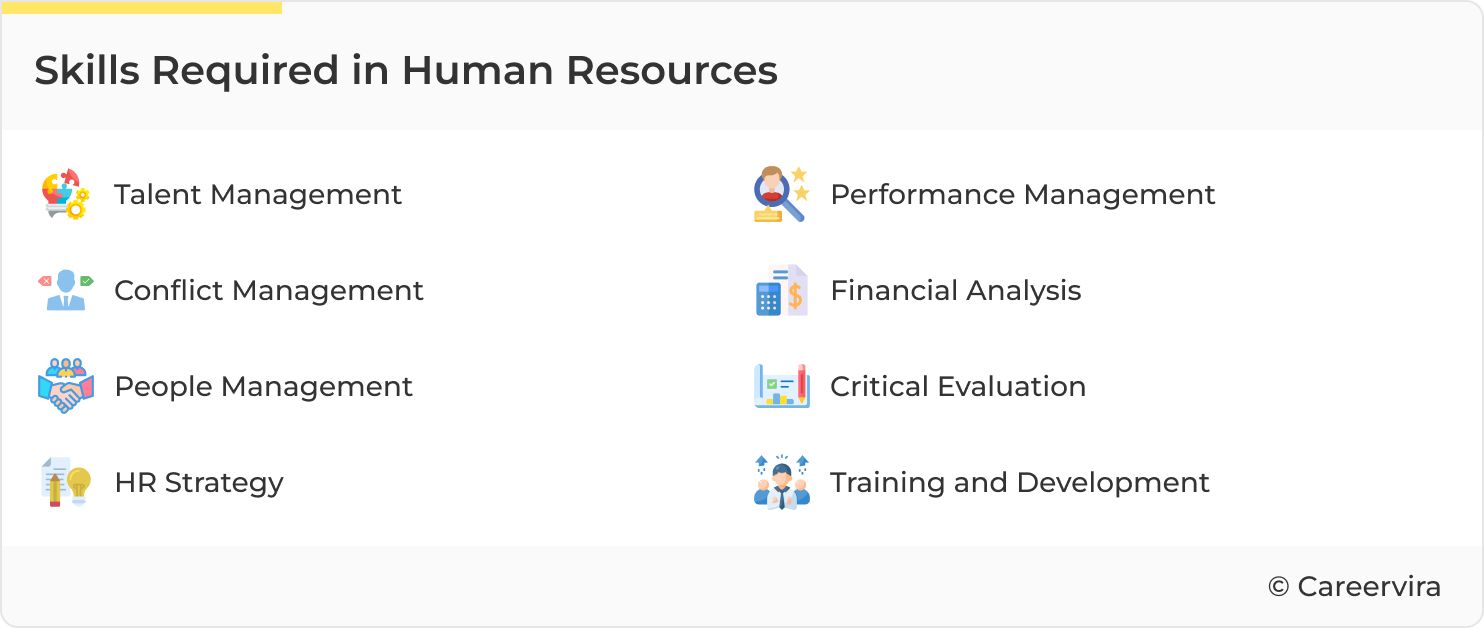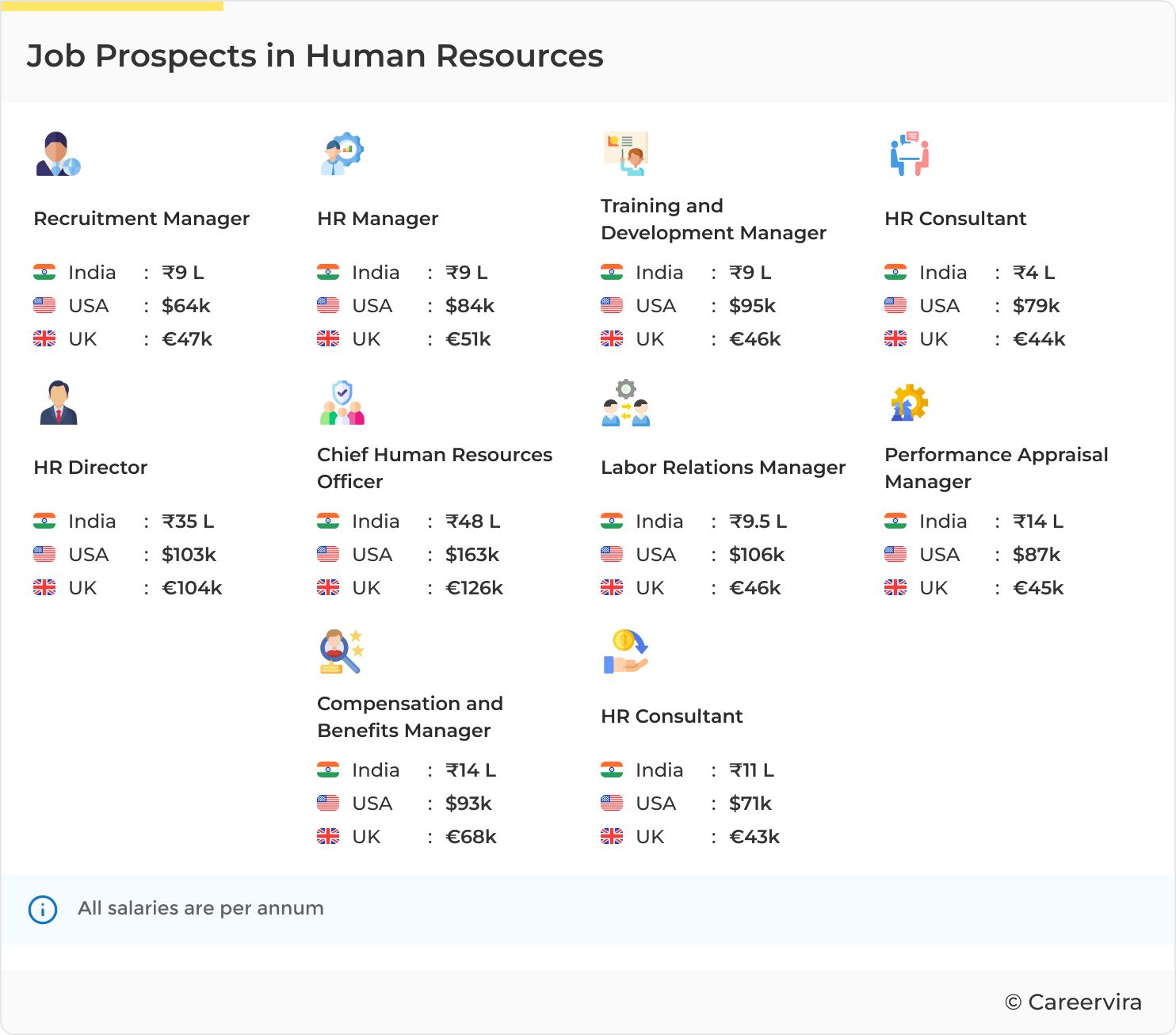In any organization, HR professionals play an important role and have various responsibilities. Here is a list of roles and responsibilities that comes under the HR department:
- The most basic yet important responsibility of HR professionals is recruitment. They recruit employees for the organization, which is a complex task. This includes identifying and selecting candidates that suit the company’s needs and fulfill its criteria.
- The HR professional is responsible for managing the company payroll. They must calculate the appraisals and bonuses added to an employee's gross pay.
- To increase a company’s productivity, it is important to have some rules and regulations. An HR professional, must ensure these rules and policies are followed, and update them, whenever necessary.
- One of the tasks of an HR professional is to maintain the company’s work culture. A cultivation of a healthy work environment in line with the values of the organization, is important for employee growth and retention.
- In case employees have conflicts with each other or with the company, the HR department is required to investigate the situation and take suitable action.
In any organization, HR professionals play an important role and have various responsibilities. Here is a list of roles and responsibilities that comes under the HR department:
- The most basic yet important responsibility of HR professionals is recruitment. They recruit employees for the organization, which is a complex task. This includes identifying and selecting candidates that suit the company’s needs and fulfill its criteria.
- The HR professional is responsible for managing the company payroll. They must calculate the appraisals and bonuses added to an employee's gross pay.
- To increase a company’s productivity, it is important to have some rules and regulations. An HR professional, must ensure these rules and policies are followed, and update them, whenever necessary.
- One of the tasks of an HR professional is to maintain the company’s work culture. A cultivation of a healthy work environment in line with the values of the organization, is important for employee growth and retention.
- In case employees have conflicts with each other or with the company, the HR department is required to investigate the situation and take suitable action.

